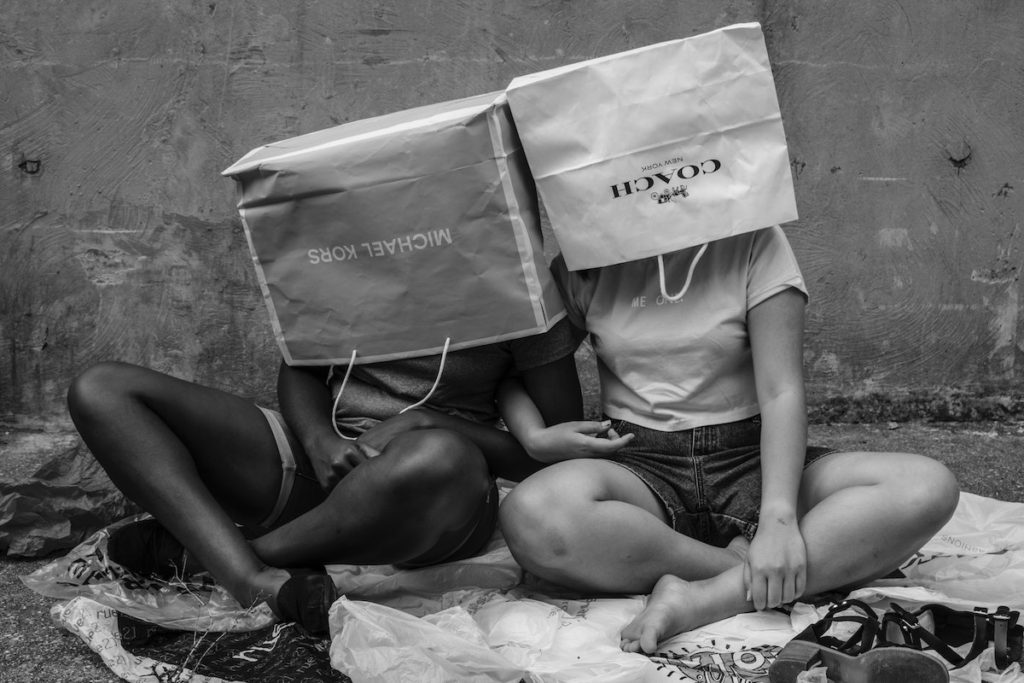When thinking about Black Friday, what comes to mind is crowded shops, hectic deal redemption, buy more than you need, and shop-till-you-drop consumer culture.
During Black Friday 2020, consumers spent $9 billion online shopping, 21.6% more than in 2019. As the event continues to grow around the globe, the carbon footprint and environmental pollution also continue to grow.
The problem with Black Friday is it stimulates overconsumption and materialism. Both have proven to impact the well-being of humans negatively. Along with the adverse social issues, the large-scale shopping event is horrible for the environment.
Consumerism contributes to the negative impacts on the environment, and overconsumption accelerates it. Every item we purchase has a carbon footprint from the production and packaging, delivery to the retailer and consumer, and disposal stages of its lifecycle. In the UK alone, Black Friday 2020 emitted 429,000 metric tons of greenhouse gas emissions—that’s the equivalent of 435 return flights from London to New York.
It’s not worth it, considering up to 80% of our Black Friday purchases are thrown away after one use.
Reducing carbon emissions is vital in reducing climate change. However, it’s essential to stay motivated and remain optimistic by focusing on solutions. This is what a group of Canadian small businesses are doing.
Blue is the new Black (Friday)
Blue Friday is a sustainable alternative to Black Friday. Canadian small businesses started Blue Friday to disrupt the mass consumerism of Black Friday. They are bringing together sustainability-driven brands to reduce the carbon footprint of consumerism and give back to conservation programs.
Not only does Blue Friday promote sustainable consumption, but the initiative is also on a mission to standardize donation to environmental programs.
Each partnering business commits to donating a portion of its profits to ocean conservation projects, such as the Seabin Project. Seabins are an innovative way to address ocean cleanup and marine conservation by capturing floating debris, oils, plastics and microfibres in the oceans and seas.
All money raised this year is donated to Surfrider Pacific Rim to support EPS Foam Dock Replacement Project. An important project because 40-80% of the debris removed from British Columbia’s shoreline is foam. Foam that breaks away from docks continues to break down into tiny foam beads, making them very hard to clean up.
Why we should support Blue Friday
We must support initiatives that promote sustainable alternatives that aim to disrupt the norm or common narrative.
Blue Friday aims to disrupt these negative impacts by bringing small Canadian businesses together. Each company donates a portion of their Black Friday profits to ocean conservation projects and:
- Unite the community through collaborative partnerships between brands and consumers
- Disrupt mass consumerism to promote conscious consumerism
- Empower people to vote with their dollars and give back.
Some could argue Blue Friday still promotes consumerism. However, it’s about buying products that inherently have a lower carbon footprint from responsible production, ethical labour, use of sustainable materials, low-impact disposal and are made locally in Canada.
This year kick Black Friday to the side and choose Blue Friday because Blue is the new Black.

